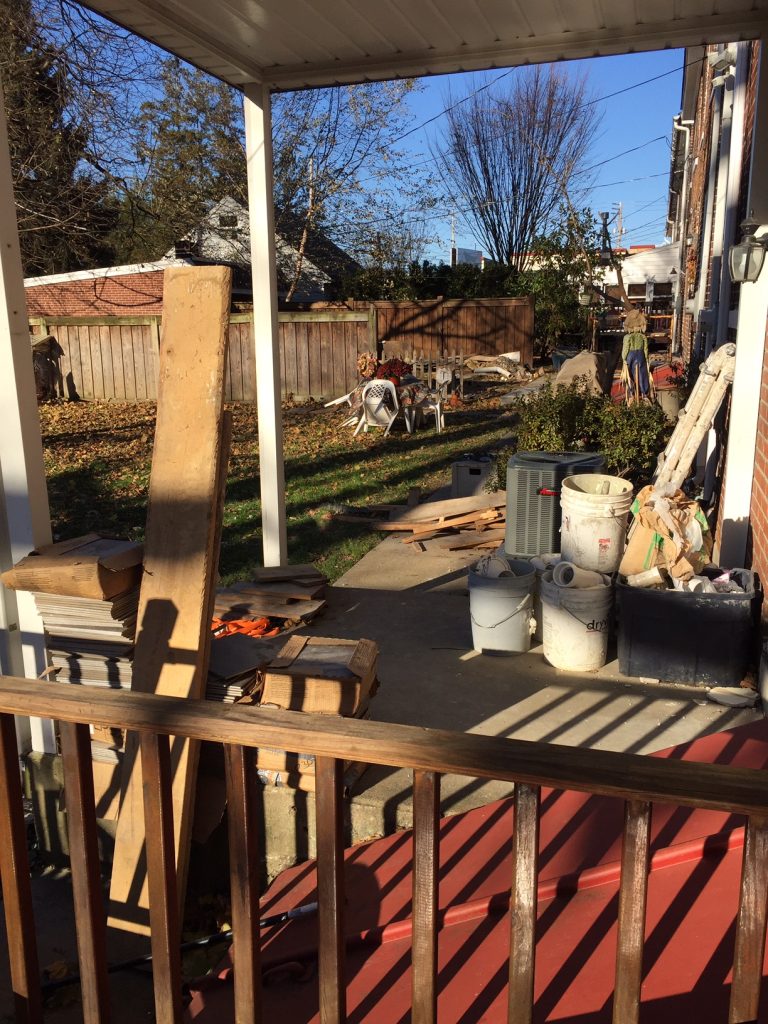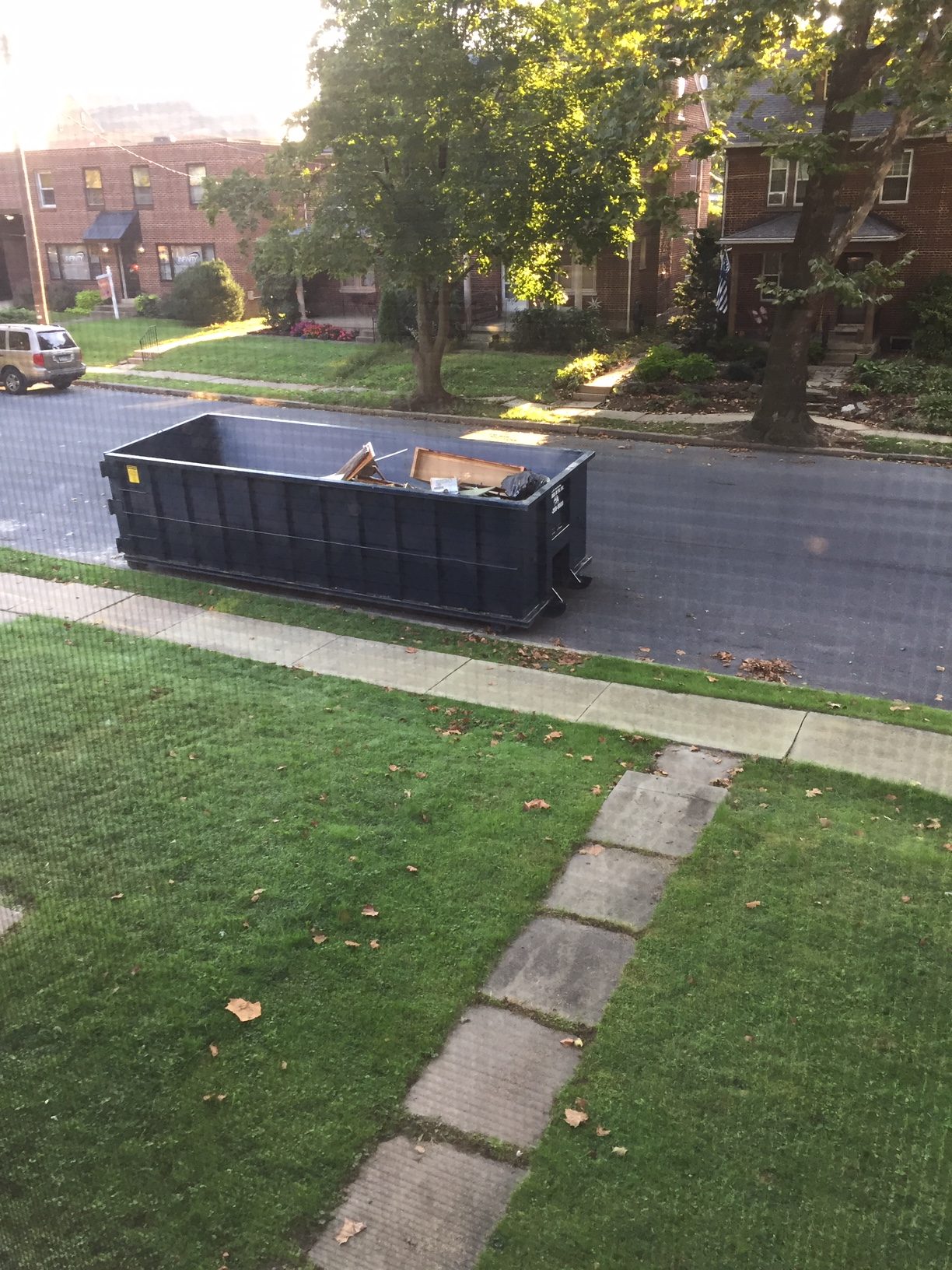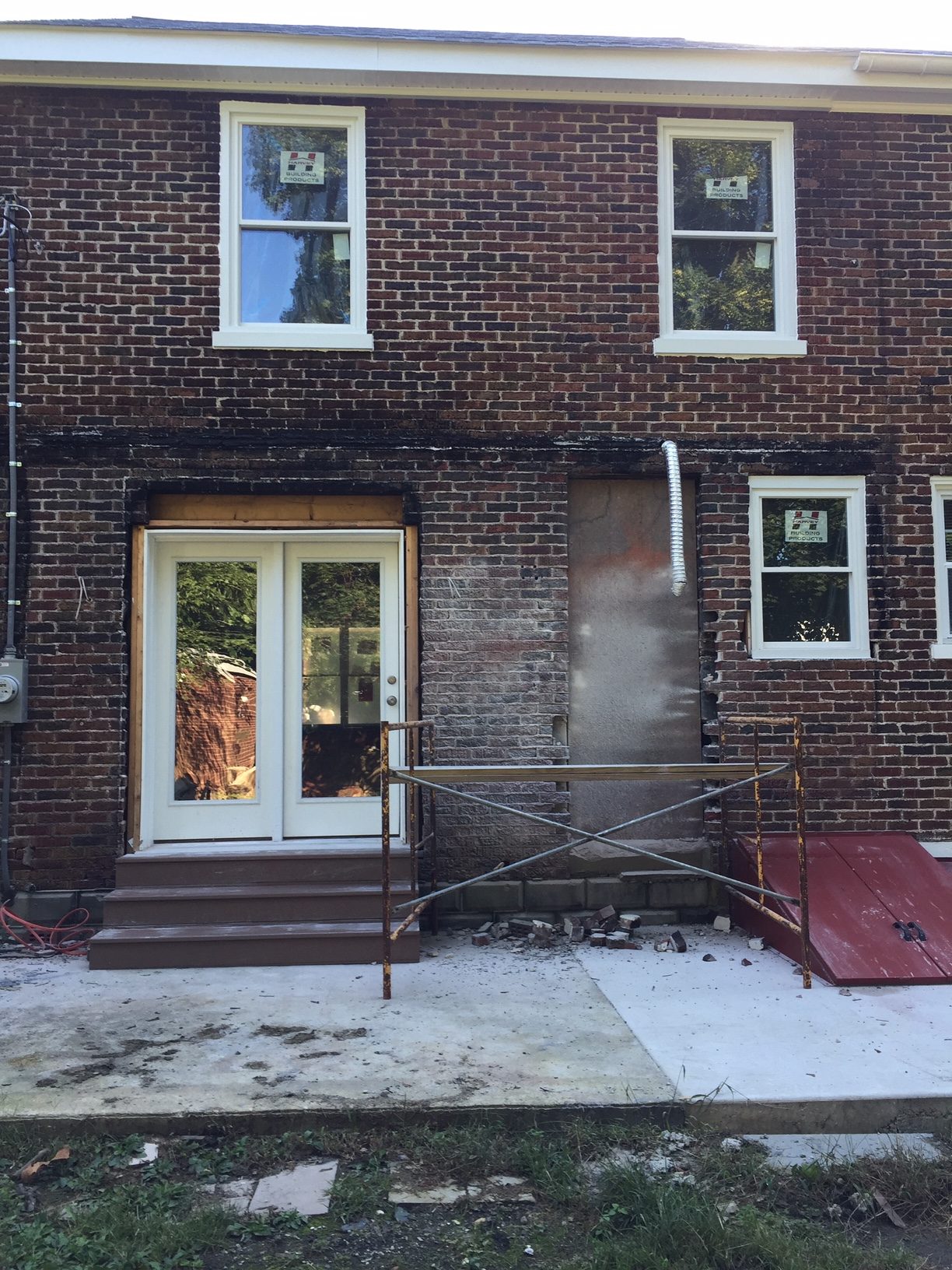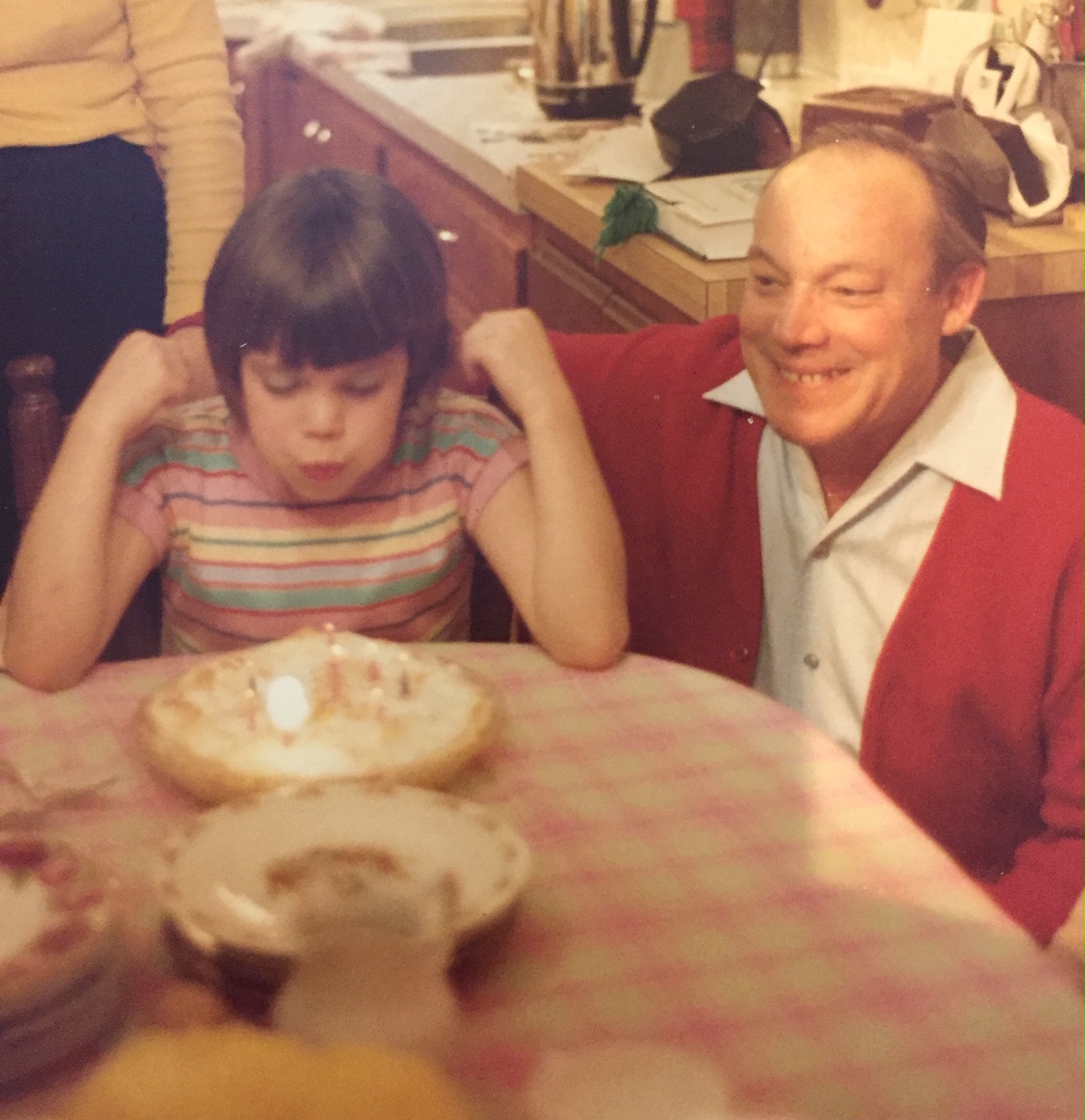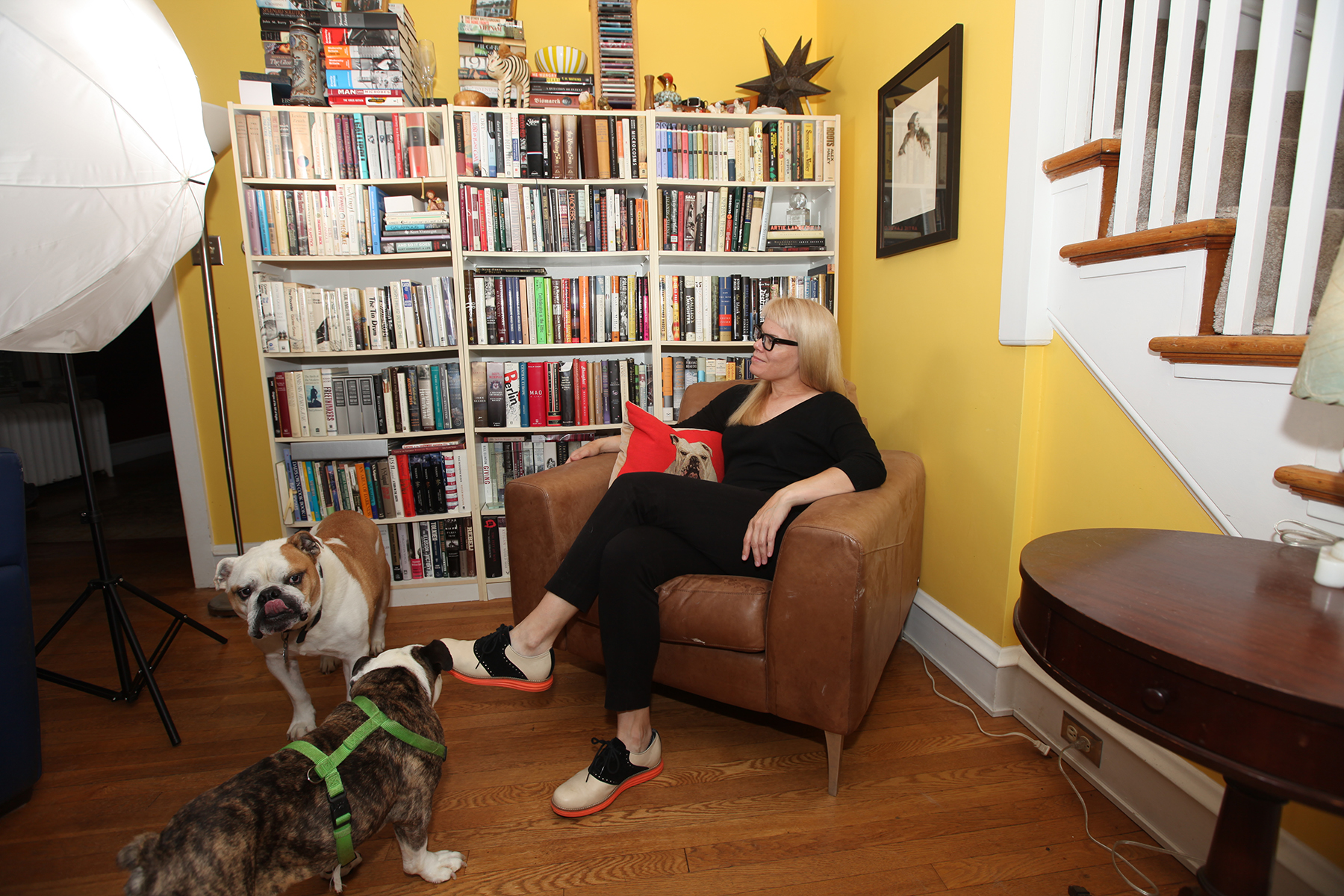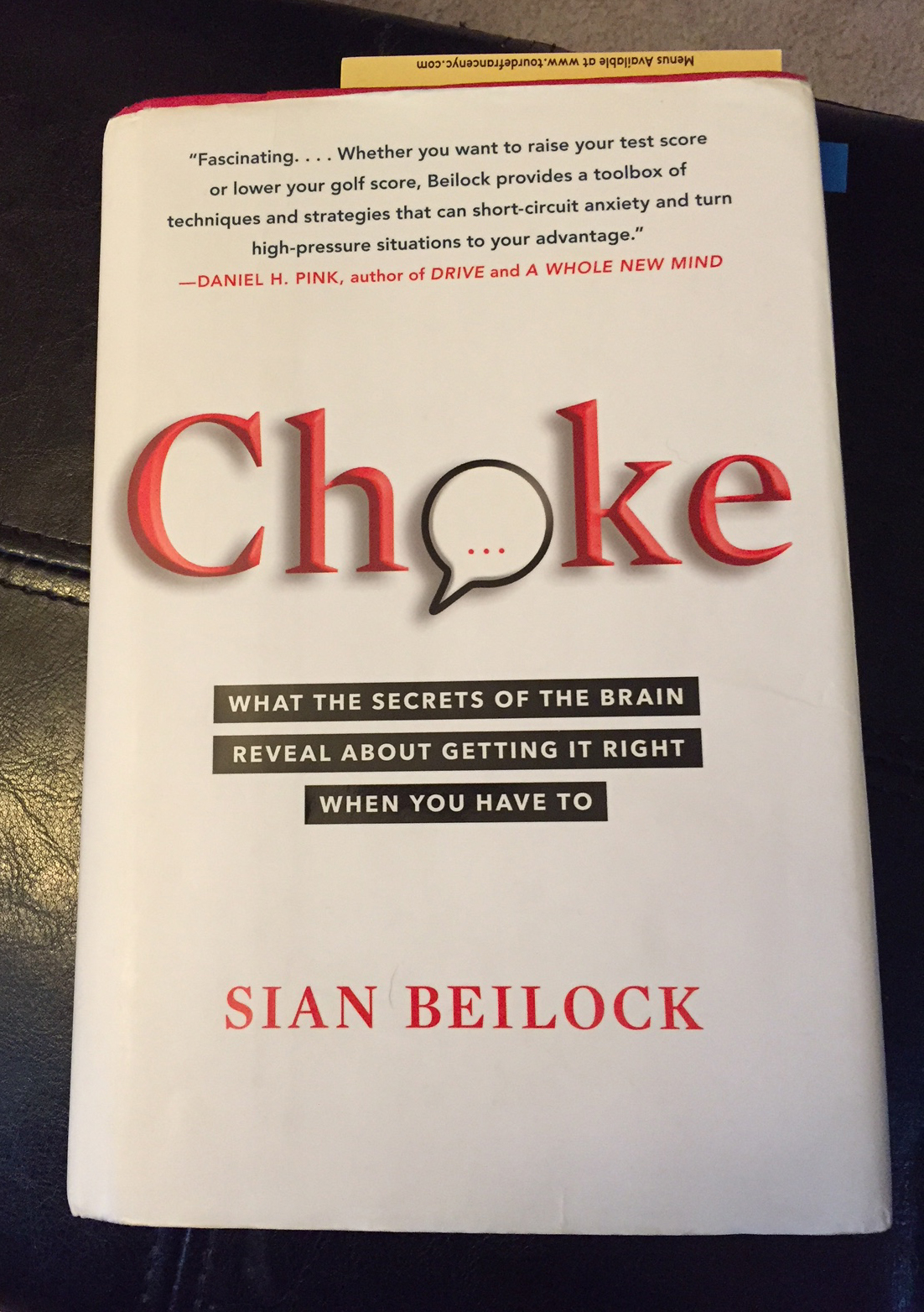My neighbor Al died in April. I’ve written about his passing here and here for those who want the backstory.
In short, Al was a great neighbor who diligently took care of his home, but he never updated it. As in never.
One day last week, I caught the painter Lenny leaving the house, which is now a full on construction site with variable hours. He said, “Did you know this house hasn’t been painted since the ’80s? I mean it has to be that old. It’s oil-based paint. No one uses that inside anymore. I have to cover it just to get started.”
The new owners did much of the initial demolition themselves with the hopes of moving in by early November, when their lease was up.
But the thing about a reno is, where do you stop?
They started with the easy decisions. The galley kitchen with the 80s cabinets and appliances has got to go. Out came the wall.
The ceilings were next. There were stapled ceilings all over the house. In every goddamn room. What is a stapled ceiling? I’m glad you asked. It’s an ugly ceiling. According to my contractor dad, they were popular in the ’70s as a way to cover up plaster cracks and water damage. “Popular in the ’70s” is all you need to know, right?
Moving on.
Next came all new electricity, which is wise, and by mid-October they were onto the bathroom. It’s small, but when we renovated, we left the footprint and layout. They changed things up by reorienting the tub, which probably pushed things back a bit.
By early November, the central air was in, but the new owner said he was keeping the radiant heat, another wise move because radiators rock. Best. Heat. Evah.
Mid-November brought a lull, but the contractor was back on Thanksgiving morning to finish up a bit.
Enter painter Lenny. As far as I can tell, he’s been at it at various times and on various days for about three weeks now. I look in the window and see little change. That oil paint must be a bitch.
